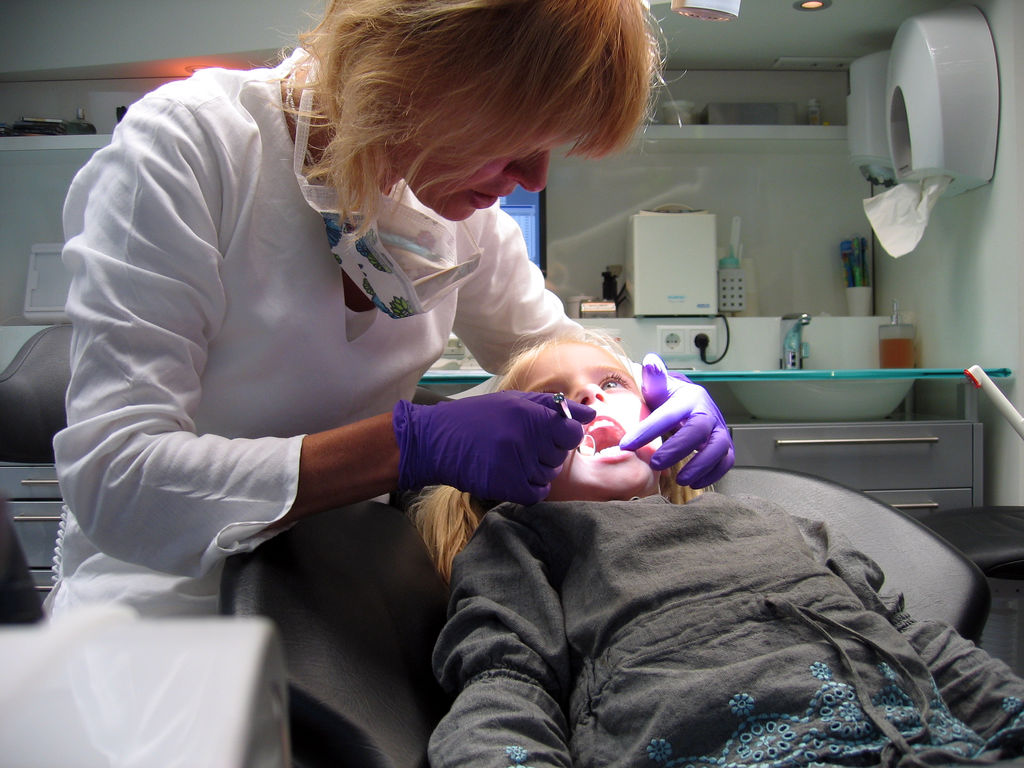
Reducing inequality in oral health. Developing and translating collaboratve interdisciplinary research using innovative methods such as data-linkage.
Substantial inequalities remain in oral health with morbidity having high monetary and social costs. Research collaborations are developing internationally and research in oral health is increasingly multidisciplinary. However many important “new” research techniques remain novel in oral health research, such as data-linkage and mixed methods. This proposal represents an important opportunity to develop international collaborations—facilitating research linkages for those directly involved and their colleagues, and effectively moving forward an area of research.
This program will develop a network of multidisciplinary oral health researchers investigating oral health across the lifespan using current approaches in research with a focus on best available methodologies such as high quality population and linked data. This program will build collaborations across disciplines and internationally, reducing the silos. We undertake this program with a focus on developing competitively funded collaborative research with an emphasis on translation.
Despite substantial inequalities, oral health is often neglected in the public health and health promotion agendas. Dental disease contributes substantial morbidity across the lifespan. Dental diseases include dental caries, gum disease, oral cancer etc. Disorders such as cleft lip and/or palate have substantial morbidity and subsequent costs. Despite being almost entirely preventable, dental caries (tooth decay) remains a common, costly and chronic disease of childhood, contributing substantially to morbidity with impact across the lifespan. Collaborations and investigations in differing populations will provide important answers to understand inequalities in oral health.
Dental research has been limited in many areas, exacerbated by the siloed nature of dentistry and the limited number of dentists entering research. The dental epidemiology literature has been limited by small sample sizes and focus on single risk factors. Innovative linkage of total population data offers a powerful research tool that could make a valuable contribution to dental research and understanding of inequalities.(Slack-Smith, 2012). In this program of collaboration, we are not only engaging dental researchers, but also other researchers from relevant fields. There is the potential for substantial gains in oral health inequalities by translating research using the best available epidemiological methods, particularly using population level data and data linkage. The advantage of population record linkage, from an epidemiological perspective, is that it is not biased and no one is excluded. This has important implications for human rights because generally the people who are excluded from studies or don’t participate are the most marginalised. There are a number of places in the world that have high quality population record linkage in the area of health including Western Australia. In Western Australia, there is a unique set of linkable databases on the entire population which include detailed information on all births, birth defects (including cleft lip and palate) and hospital admissions (including dental admissions) since 1980, linkable with many other datasets. Data regarding each birth is mandatory in Western Australia. We can now link birth and hospital admissions with population databases for characteristics such as intellectual disability and birth defects. It is even possible to link Commonwealth data (such as prescription medications) with state data. Australia is following Western Australia and developing national population databases with enormous research opportunities for the right team. Data-linkage is increasingly available in Australia, with other states setting up systems similar to Western Australia. While Perth is an ideal host to bring the network together, there are also important opportunities for research with datasets internationally and data-linkage opportunities with dental data in large cohorts is still highly novel research and extremely valuable in terms of understanding social inequalities.
Aims and Objectives
- To develop international, interdisciplinary network for research in oral health, particularly aiming to reduce inequalities.
- Determine how we may best translate findings from population-based and data-linkage epidemiology studies in oral health, particularly with a view to overcome social inequalities.
- Data-linkage and use of population datasets is novel in oral health research and this collaboration would bring together key expertise to investigate the best available data for population health and data-linkage studies in oral health internationally.
- To develop international collaborations within which we can build research capacity through graduate research student supervision, staff exchange and mentoring.
Selected outcomes
- Riggs E, Kilpatrick N, Slack-Smith L, Chadwick B, Yelland J, Muthu MS, et al. Interventions with pregnant women, new mothers and other primary caregivers for preventing early childhood caries. Cochrane Database of Systematic Reviews 2019, Issue 11
- International Association for Dental Research Conference, Vancouver, June 2019
- Giddon Award for Distinguished Research in the Behavioral Sciences. International Association for Dental Research (2018) Awarded in London July 2018. For paper – Durey A, McAullay D, Gibson B and Slack-Smith L. (2017) Oral health in young Australian Aboriginal children: Qualitative research on parents’ perspectives. Journal of Dental Research: Clinical & Translational Research. 2(1):38-47.
- Policy Input on Pregnancy and Early Childhood Oral Health Policy in WA (2018)
- Patel J, Hearn L, Gibson BJ, Slack-Smith LM (2014) International approaches to indigenous dental care: What we can learn? Australian Dental Journal. 59:1-7.
- Patel J, Hearn L, Slack-Smith LM (accepted 14th October 2014) Oral health care in remote Kimberley Aboriginal communities: The characteristics and perceptions of dental volunteers. Australian Dental Journal.
- Held international symposium on ‘Oral Health In Aged Care: Research And Realities’, November 2013.